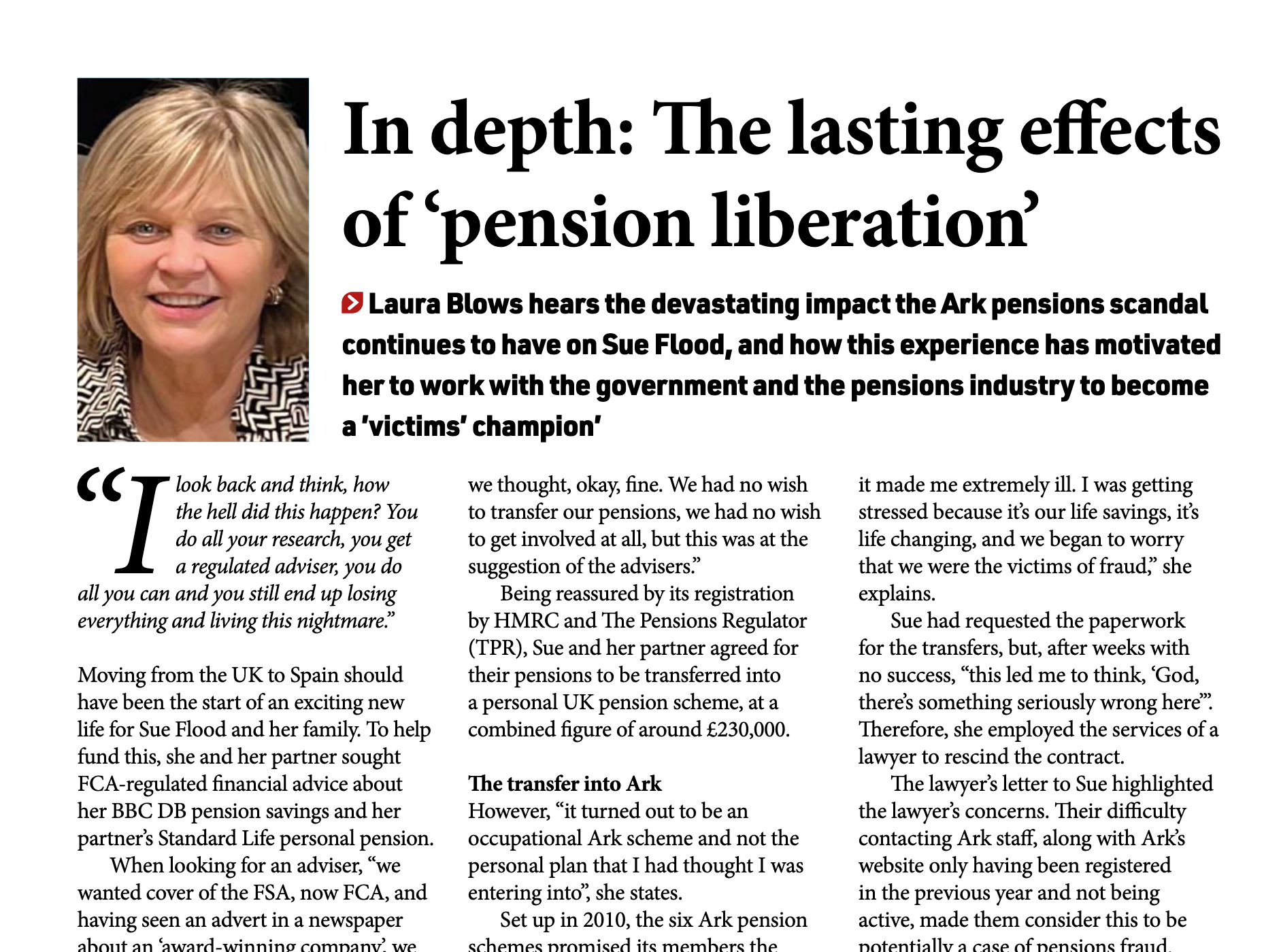Australia’s Australian Taxation Office (ATO) implements an independent review of the tax treatment of financial abuse victims by the tax system. UK victims of investment and pension fraud, hit by unfair tax treatment, may have a roadmap for reform.
In Australia, a major reform has been triggered by the independent review of how the tax system handled victims of financial abuse — and the result is the implementation of the ATO’s new Vulnerability Framework. For UK savers and pension-holders who have suffered investment fraud and now face punitive tax bills, this development may represent both a warning and an opportunity. At the heart of the issue: victims of fraud and financial abuse should not be punished twice.
What Australia Has Done
The Inspector‑General of Taxation and Taxation Ombudsman (IGTO) published a detailed report into “Identification and Management of Financial Abuse within the Tax System” in April 2025. The findings revealed that tax debt and enforcement practices had exacerbated the harm inflicted by coercive and financial-abusive relationships. Key problems included:
- Victims often discovered tax liabilities they never knowingly incurred due to coercion or manipulation.
- Limited ability of tax authorities to remove or reassign liabilities incurred by victims under duress.
- Front-line staff lacked proper training or guidance to recognise cases of abuse.
- Inter-agency coordination was weak, meaning victims faced multiple authorities without coherent support.
In response, the ATO accepted the major recommendations and committed to rolling out a Vulnerability Framework to better identify, support and protect people in situations of financial abuse.
Parallels with the UK: Investment & Pension Fraud Victims
Here in the UK, many victims of investment and pension scams find themselves in a comparable predicament:
- They are deceived into bogus or high-risk schemes, often via persuasive third-party advisers or promoters.
- They suffer substantial losses — sometimes life-changing.
- On top of that, they face serious tax consequences (for example, being treated as if they received legitimate income or gains) despite being victims of fraud.
- Institutional frameworks—especially tax, regulatory and enforcement systems—often treat them as standard taxpayers or sometimes tax avoiders, not victims of coercion or fraud.
- Standard debt relief mechanisms such as Iva’s and debt write offs are not available to them with HMRC only offering time to pay plus full interest and penalties of bankruptcy in comparison corporates often receive sweetheart deals and ordinary tax payers often afforded Iva’s
- Identify fraud is recognised and exempted more complex investment and pension fraud is not
- Some of these cases have been in dispute for decades numerous victims therefore face penalties and interest charged compounded over a decade
- The result: a “double hit” to their finances and wellbeing. This has led to victims finding that HMRC’s treatment of them has caused marriage breakdowns hospitalisations suicide attempts loss of homes and bankruptcy
- The only support on offer is referral to the Samaritans
- HMRC claims it has sympathy but has a duty to collect tax due
- For many, the result is financial ruin layered on top of fraud losses.
- Just as the IGTO found in Australia, victims are left navigating a system that doesn’t recognise their vulnerability or the context in which their “decisions” were made.
Why the UK Needs Its Own Vulnerability Framework — and an Independent Review
The Australian reforms show the value of taking a system-wide view of how public institutions handle victims of financial abuse. The UK urgently needs the same — specifically for investment and pension fraud victims — through:
- Independent review of HMRC’s treatment of fraud victims
- Mirroring Australia’s IGTO investigation, the UK should commission an independent review of how HMRC handles cases involving financial abuse and fraud.
- This review should assess whether current policy unintentionally perpetuates harm and recommend reforms to tax law and administrative discretion.
- A dedicated vulnerability framework for fraud victims in tax policy
- HMRC should develop criteria and guidance recognising that victims of authorised investment and pension fraud are a distinct vulnerability group.
- The framework should empower staff to suspend collection, review liabilities, and refer victims for specialist support.
- Reform of tax rules on fraud-related losses
- Victims should not face income tax or unauthorised payment charges on transactions made through deception or coercion.
- Legislative reform could provide a statutory exemption or relief pathway for proven cases of fraud or financial abuse.
Joined-up policy response
As in Australia, effective support requires collaboration between tax authorities, police forces, regulators, the Government, and victim support networks.
A Step in the Right Direction — But a Note of Caution
While the ATO’s new Vulnerability Framework has been widely welcomed, advocates in Australia warn that it must go further if it is to truly make a difference.
As Financial Counselling Australia (FCA) noted in its response:
“People in hardship need more than good intentions — they need action and accountability.”
That warning should resonate strongly in the UK. Vulnerability recognition cannot be symbolic; it must lead to tangible change. For investment and pension fraud victims, that means stopping the pursuit of individuals for tax debts they did not knowingly create and ensuring that systemic safeguards are in place to prevent further harm.
A Moment for Reflection and Reform
Australia’s move represents more than administrative reform — it is a moral statement: the tax system should never deepen harm for those already deceived or abused.
For UK investment and pension fraud victims, this could be a rallying point. The UK must now ask:
“If Australia can recognise financial abuse within its tax system and act, why can’t we?”
It is time for the Government, HMRC, the Treasury, law enforcement, and the Financial Conduct Authority to work together on a vulnerability and reform framework — one that stops treating victims as offenders and recognises them for what they are: people who have already lost enough.


